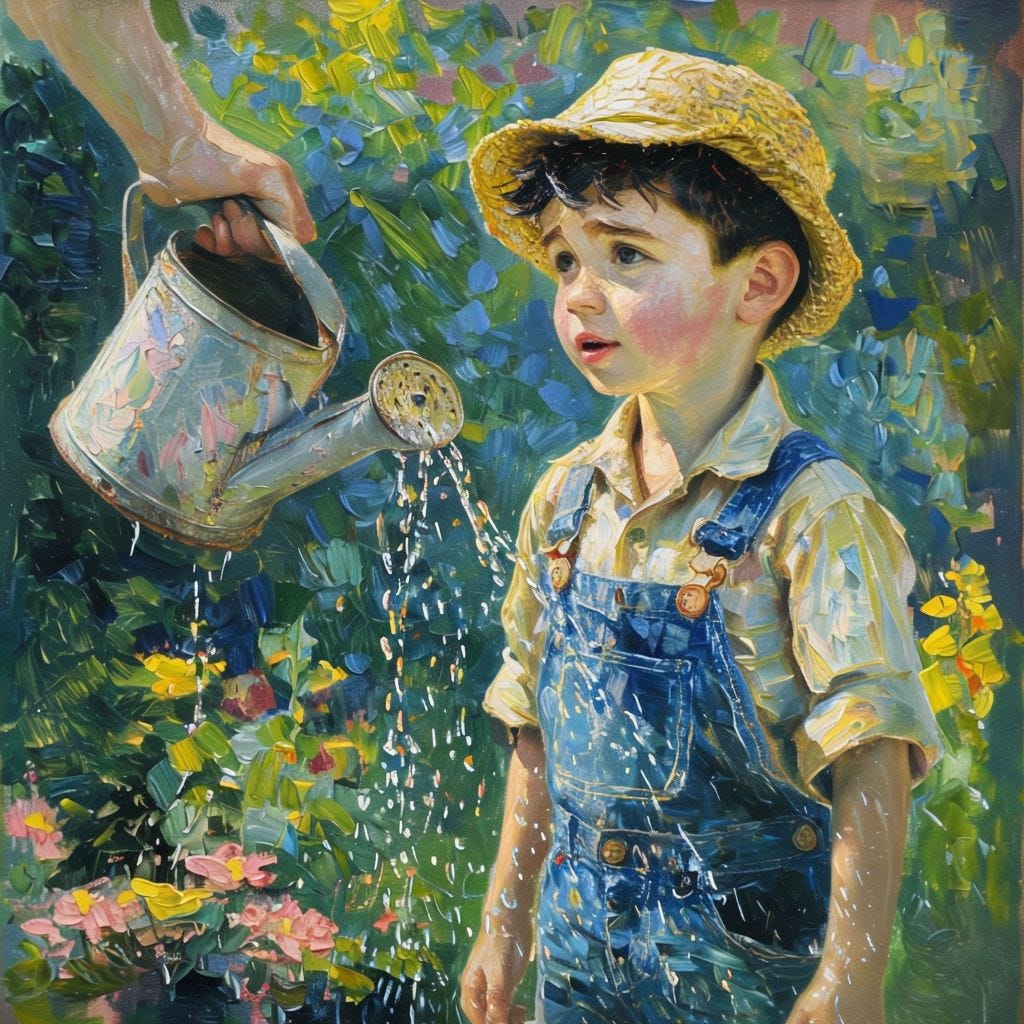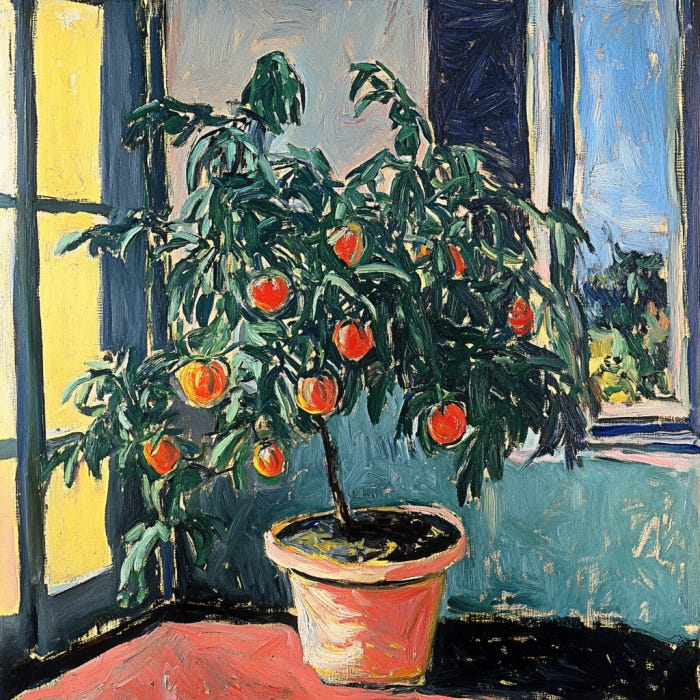Gentle Reader,
The present writer has been delving of late into the world of plant biology. In the process of trying to figure out how to grow tomatoes and beetroots, I was forced to learn a little bit about stamens, stigmata and seeds, as well as soil.
These little seeds are amazing. It turns out that helping a plant or a vegetable to grow requires many different factors because, as small as they are, each seed contains quite marvellous amounts of biological information, which dictates which conditions they require in order to germinate (develop into full growth).
According to type, some must be planted in spring, others in winter. Some require lots of sun, others partial shade. Certain types of soil suit certain types of seed, and some require applications of compost or fertiliser which would be anathema to another variety.
Once grown, many vegetables again vary according to how they should be stored. For onions to last, they must be placed in bright light, whereas the humble potato (I am Irish, gentle reader) must be scarfed up in an opaque sack, and hidden in a dingy cupboard, to prevent it from sprouting.
Whilst learning all of this, my mind wandered, as it often does, to the development of the human.
Germination of the human
What corollaries can be drawn between humans and plants?
When I first began to grow tomatoes from seed, I was made aware of the phenomenon of seedlings becoming ‘leggy’ if they do not receive enough light. Leggy plants are too tall for their age, like awkward gangly teenagers. Since they require sunlight for photosynthesis (a truly remarkable phenomenon), to make chemical energy, they will end up stretching up very high in order to attain the light, but at the expense of developing a solid base. Then, they are at risk of falling over themselves, and failing to thrive.
Here, we have a deficiency of a resource causing an overcompensation. Now, a human would never do this, would they?
Similarly, in the plant world just as amongst earthlings, young and old, there can be too much of a good thing. If a little tomato seedling or an otherwise happy chappy pursues one resource relentlessly, at the expense of the others, they will end up a little unbalanced. As the fancy Wall Street investment banker watches his net worth go parabolic, he fails to become rounded out in other aspects of his personality. Similarly, an overwatered or over-fertilised tomato plant can begin to show evidence of drooping stems and foliage, since the rotting roots no longer have the capacity to absorb oxygen – too much of a good thing.
The present writer should also acknowledge, of course, that there are many who stack cash and sunlight and fertiliser, while still managing to come out excellently well-adjusted but, all things being equal, going to extremes makes the balancing act trickier. The inverse is also true, that a life can be in a balance of sorts, and yet still not produce a thriving human or vegetable – sunlight, fertiliser, and oxygen in equal measure, but all insufficient, or a step in the invisible alchemical equation has gone missing.
A reassuring mystery
This latter point, however, is one of my favourite things about plants and people. Growing a plant or raising a human, in theory, could be boiled down a recipe. Add eye of newt, toe of frog, and a certain amount of marinating time and voilà, there you go, a finished product, exactly as planned.
Yet, it never works out that way. There are too many arcane factors in the mix, mysterious ingredients and perturbations which, quite frankly, I hope we never understand. The primordial soup in which all things grow has remained just that little bit unpredictable and unquantifiable – famously, many very capable gardeners just cannot ever grow a certain type of plant, for reasons that they can’t get to grips with. Maybe their soil is bad, or they don’t know how to sow it, or they misjudge its requirements.
In order to muddy the waters, every now and then a study comes up that ‘proves’ that talking to plants helps them grow, or that you need green teabags, or eggshells.
Humans are just the same, which is why there is no universally recognised superior method of parenting, or of making friends, or of finding a spouse. Every human, just like every seed, requires very particular conditions, and the interplay of genetics and environment in order to predict an outcome, is simply all too complicated.
Despite all this, there are plants and people which emerge from supposedly barren soil and substrates, which thrive in the face of adversity, which never wilt and which are reborn, season after season, for reasons which we will never fully understand. ‘Man’s Search for Meaning’ by Viktor Frankl shows us how the human can survive and find a reason to live, even in the harshest of environments.
It is nice to know that all forms of life can thrive against the odds, against conditions which seem inhospitable or insuperable. There are mysterious forces at play in this world, and long may they continue.
Many thanks for reading. Subscribe below if you want my newsletter sent straight to your inbox.







Hi Edward, I really love this analogy in how it points to the universally binding notion that all emergent life is a product of a "randomised" set of parameters. Made me feel in awe of all the little weeds you see growing in between pavement slabs.
Brilliantly wholesome. Thank you for sharing.